-

You can’t always rely on the Great British summer — but you can rely on its watches
By Chris Hall
-
-

Simon Jenkins: 50 years of saving Britain's buildings, from triumphs and disasters to the great country house we bought for £1
By Simon Jenkins
-
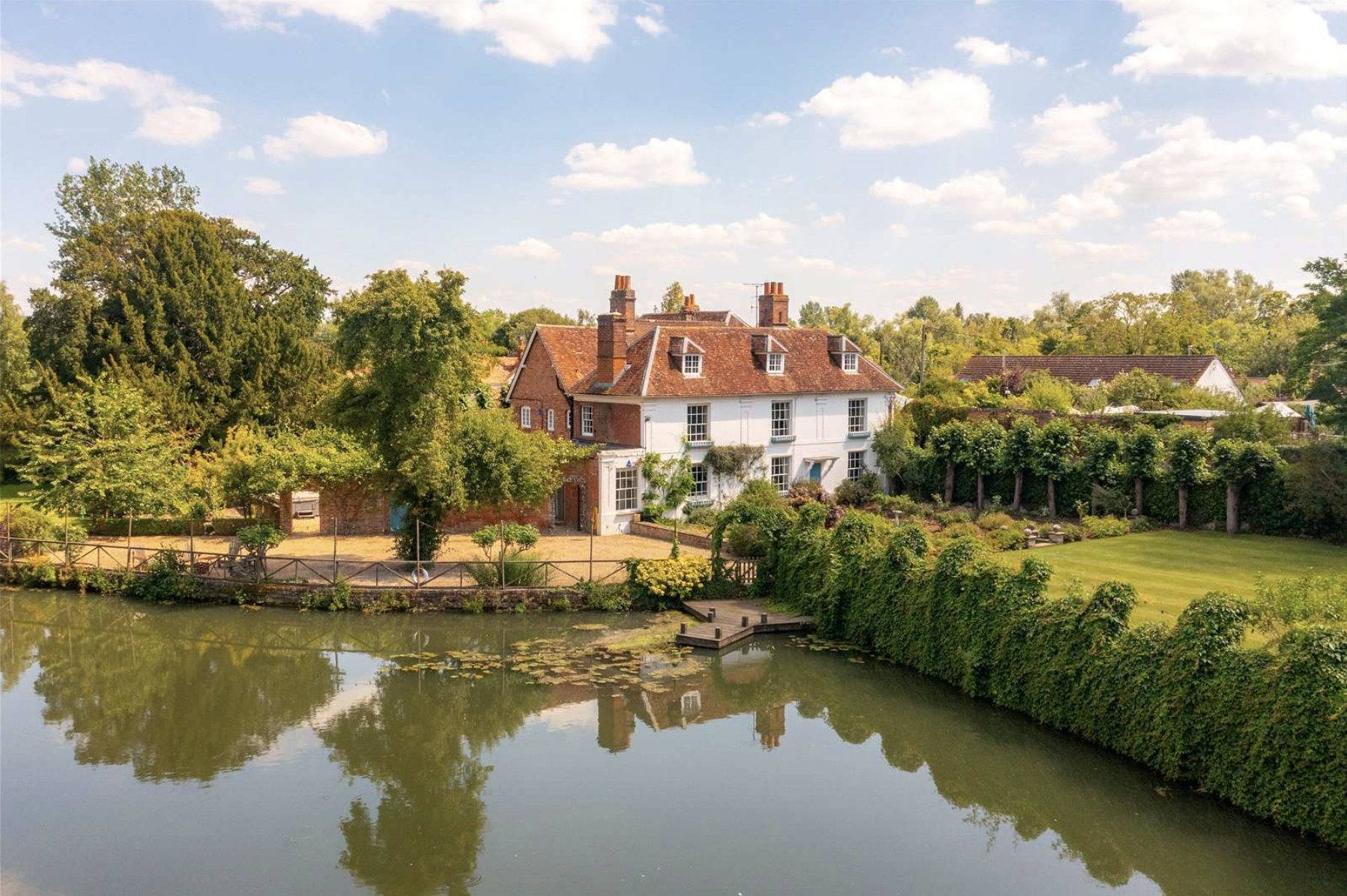
Tim Burton is selling the house he shared with Helena Bonham-Carter, a sublime home on the Thames that comes with three private islands
By Rosie Paterson
-

Puffins and shearwaters, skuas and terns, gannets and gulls and guillemots and wings, these are a few of our favourite things (seabirds)
By John Lewis-Stempel
-

Tom Parker Bowles: This 90-year-old Italian restauranteur makes the world's best sorbet and granita
By Tom Parker Bowles
-

‘To this day, it is as attractive as when Hercules first laid eyes on it’: How to escape the crowds on the Amalfi Coast, according to those in the know
By Luke Abrahams
-

The garden created by a forgotten genius of the 1920s, rescued from 'a sorry state of neglect to a level of quality it has not known for over 50 years'
By George Plumptre
-
Exquisite houses, the beauty of Nature, and how to get the most from your life, straight to your inbox.
People & Places
-
-

Why society needs snobs to tell us that 'actually, we've got this terribly wrong'
-

For every new stone mason, seven retire: St Paul's plan to save heritage crafts — and itself in the process
-

Richard Mille: The man who went from carving watches out of soap to making timepieces for Rafael Nadal and Lando Norris — and built a £1bn business in the process
-

The Manner review: This New York hotel is bringing the 1970s back to SoHo, one colour at a time
-
Property
View all Property-

Tim Burton is selling the house he shared with Helena Bonham-Carter, a sublime home on the Thames that comes with three private islands
By Rosie Paterson
-
-

A spectacular tower for sale that's a blend of Victorian folly, architectural marvel and 21st century family home
By Toby Keel
-

The former stables — and recording studio for the Pet Shop Boys — transformed with a magical blend of city and country aesthetic, now seeking a new owner
By Toby Keel
-

A spectacular, light-filled home on the Isle of Wight where you can see the water from practically every window
By Penny Churchill
-

The Good Life 2025? A development promising 'Britain's greenest homes' blends zero carbon, organic allotments and a touch of luxury in the Kent countryside
By Annunciata Elwes
-

Breathtaking views and gardens that run down to the water's edge at this delightful home in Cornwall
By Penny Churchill
-
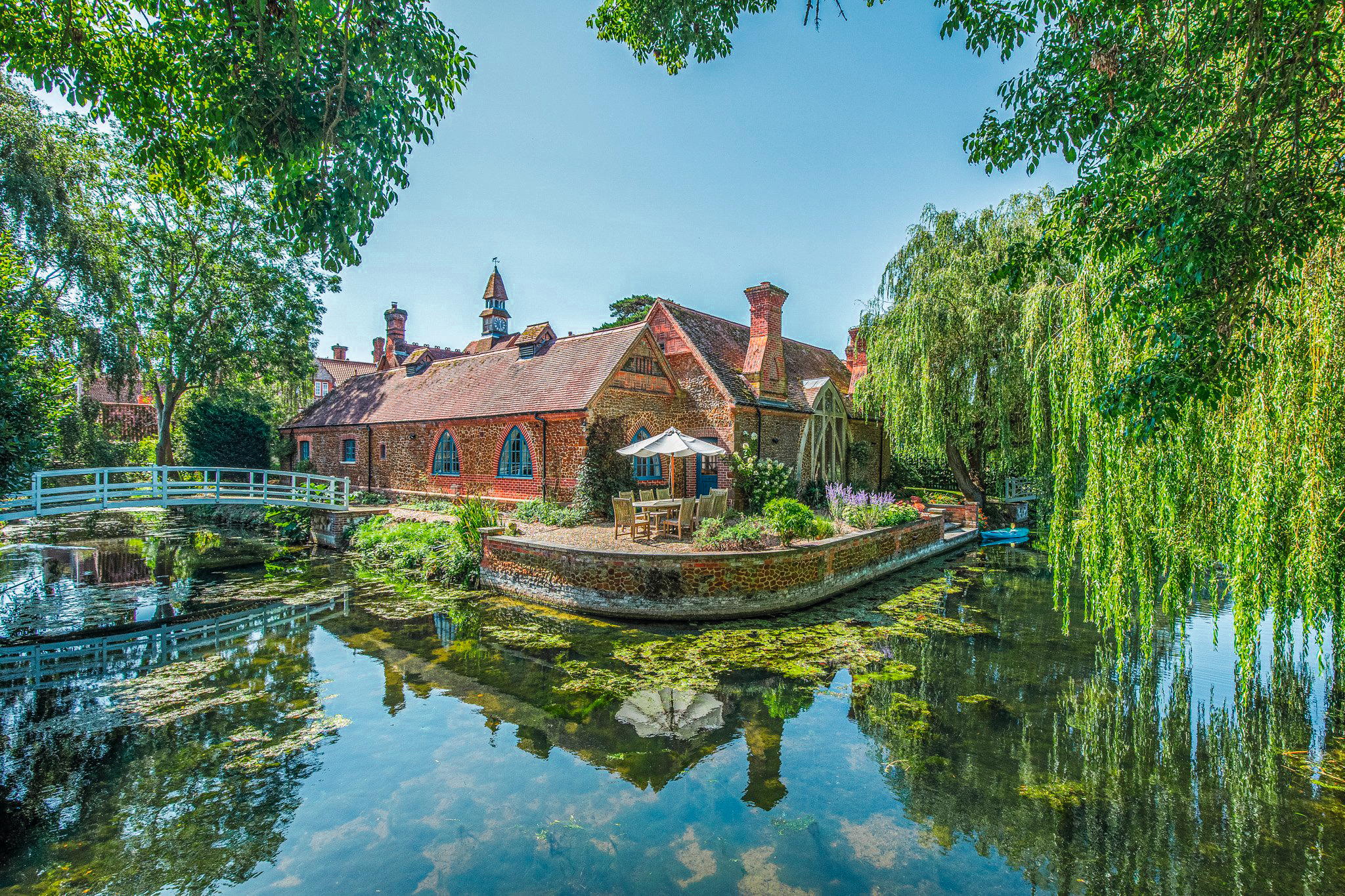
Best country houses for sale this week
By Country Life
-
Our expert voices
Interiors
View All Interiors-

21 of the greatest craftspeople working in Britain today, as chosen by the nation's best designers and architects
By Giles Kime
-
-

The transformative renovation of a Grade II-listed property with an 'unusual footprint'
By Arabella Youens
-

I've seen the light: How a dark and gloomy kitchen in the Scottish Borders was reconfigured for 21st century living
By Arabella Youens
-

'Comfortable, cosseting and far from the madding crowd': The recently refurbished Cornish cottage that proves Victorian decor is making a comeback
By Giles Kime
-

18 inspiring ideas to help you make the most of meals in the garden this summer
By Amelia Thorpe
-

'These aren't just rooms. They are spaces configured with enormous cunning, artfully combining beauty with functionality': Giles Kime on the wonders of WOW!house 2025
By Giles Kime
-

How the deep-lustre of copper brings period glamour to this kitchen
By Arabella Youens
-

The beauty’s in the detail: How English stone specialist Artorius Faber helped to bring Country Life's Chelsea stand to life
By Artorius Faber
SPONSORED
-
LIFE & STYLE
View All LIFE & STYLE-
-

You can’t always rely on the Great British summer — but you can rely on its watches
By Chris Hall
-

No strings attached: A brief history of swimwear, from heavy skirts of linen linked to women's drownings, to the skimpy two-piece named after a nuclear weapons site
By Deborah Nicholls-Lee
-

Brideshead Revisited (again): The 10 scene-stealing British country homes from film and television
By Ben Lerwill
-

Sophia Money-Coutts: Is it ever okay to throw your dog a birthday party?
By Sophia Money-Coutts
-
COUNTRYSIDE
View All THE COUNTRYSIDE-
-

Puffins and shearwaters, skuas and terns, gannets and gulls and guillemots and wings, these are a few of our favourite things (seabirds)
By John Lewis-Stempel
-

The red kite is a soaraway success story, having escaped extinction to become a familiar sight in our skies again
By Mark Cocker
-

What it's like to come face-to-face with a great white shark, with Dan Abbott of Netflix's All The Sharks
By Toby Keel
-
Gardens
View All Gardens-

The garden created by a forgotten genius of the 1920s, rescued from 'a sorry state of neglect to a level of quality it has not known for over 50 years'
By George Plumptre
-
-

Alan Titchmarsh: My garden is as pretty as I've ever known it, thanks to an idea I've rediscovered after 50 years
By Alan Titchmarsh
-
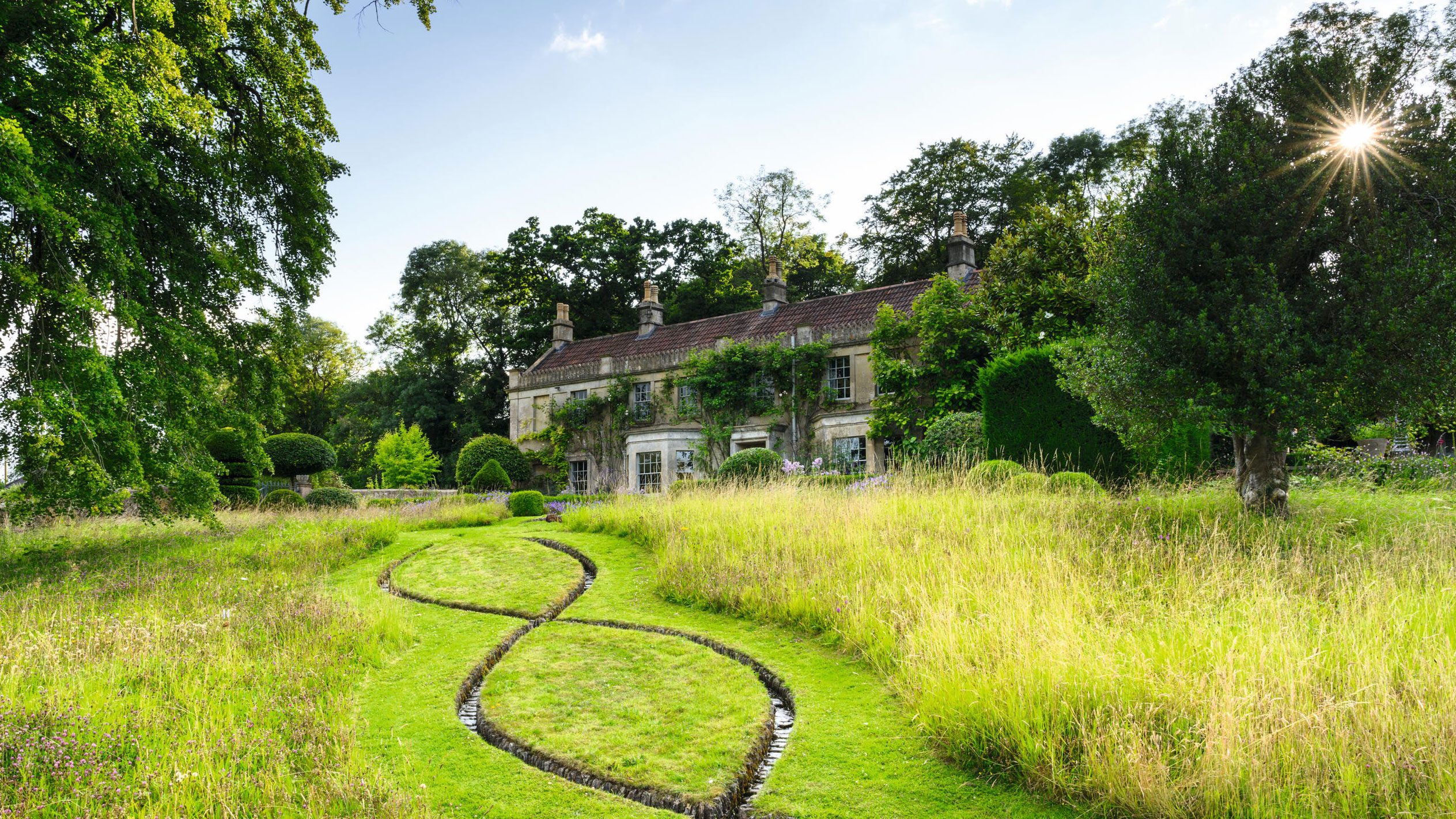
The Hollywood garden designers who turned their hand to a magical corner of Somerset
By Caroline Donald
-
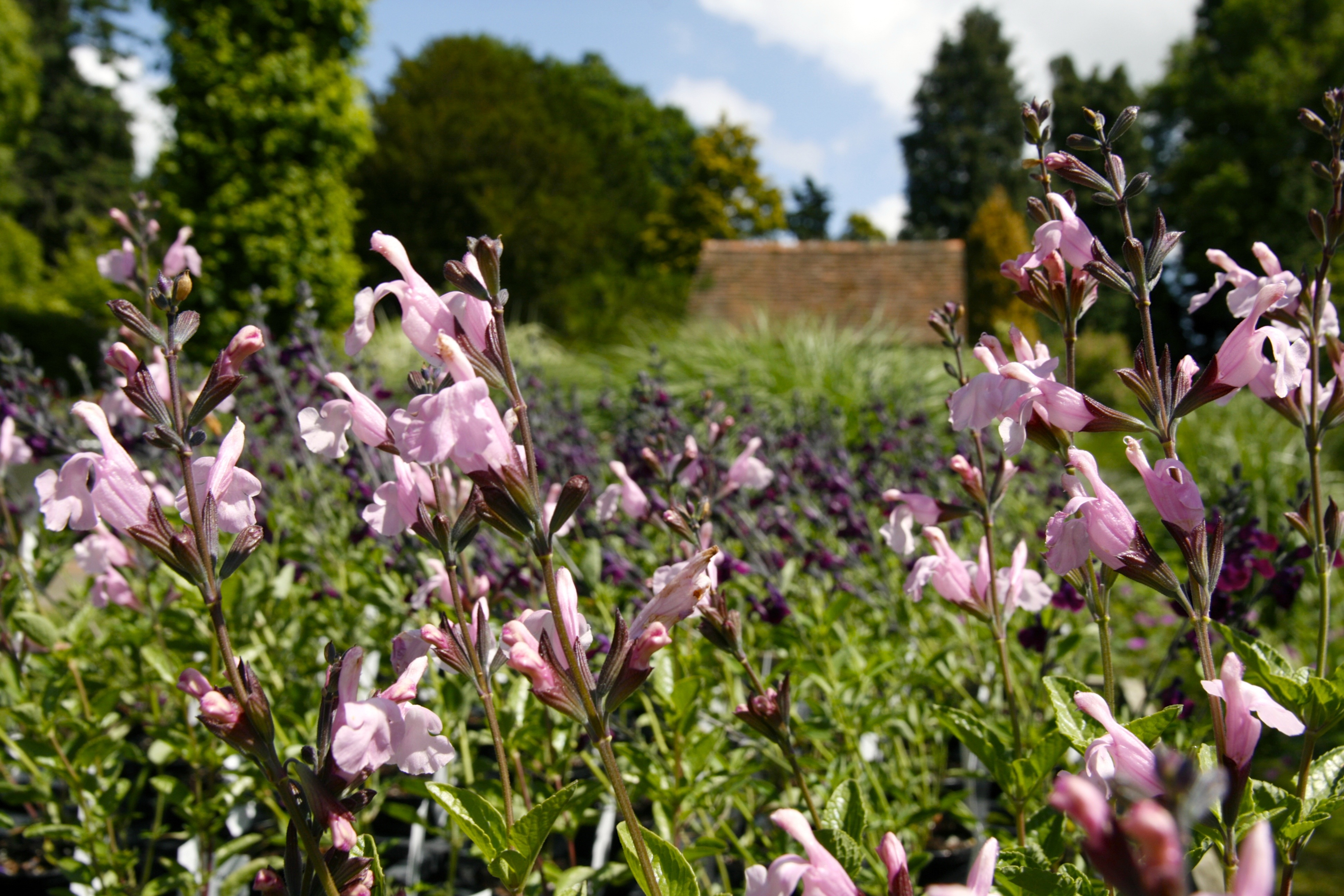
Sarah Raven: The flowers I have that are flourishing superbly, despite the battering heat
By Sarah Raven
-

The 'Rose Labyrinth' of Coughton Court, where 200 varieties come together in this world-renowned garden in Warwickshire
By Val Bourne
-
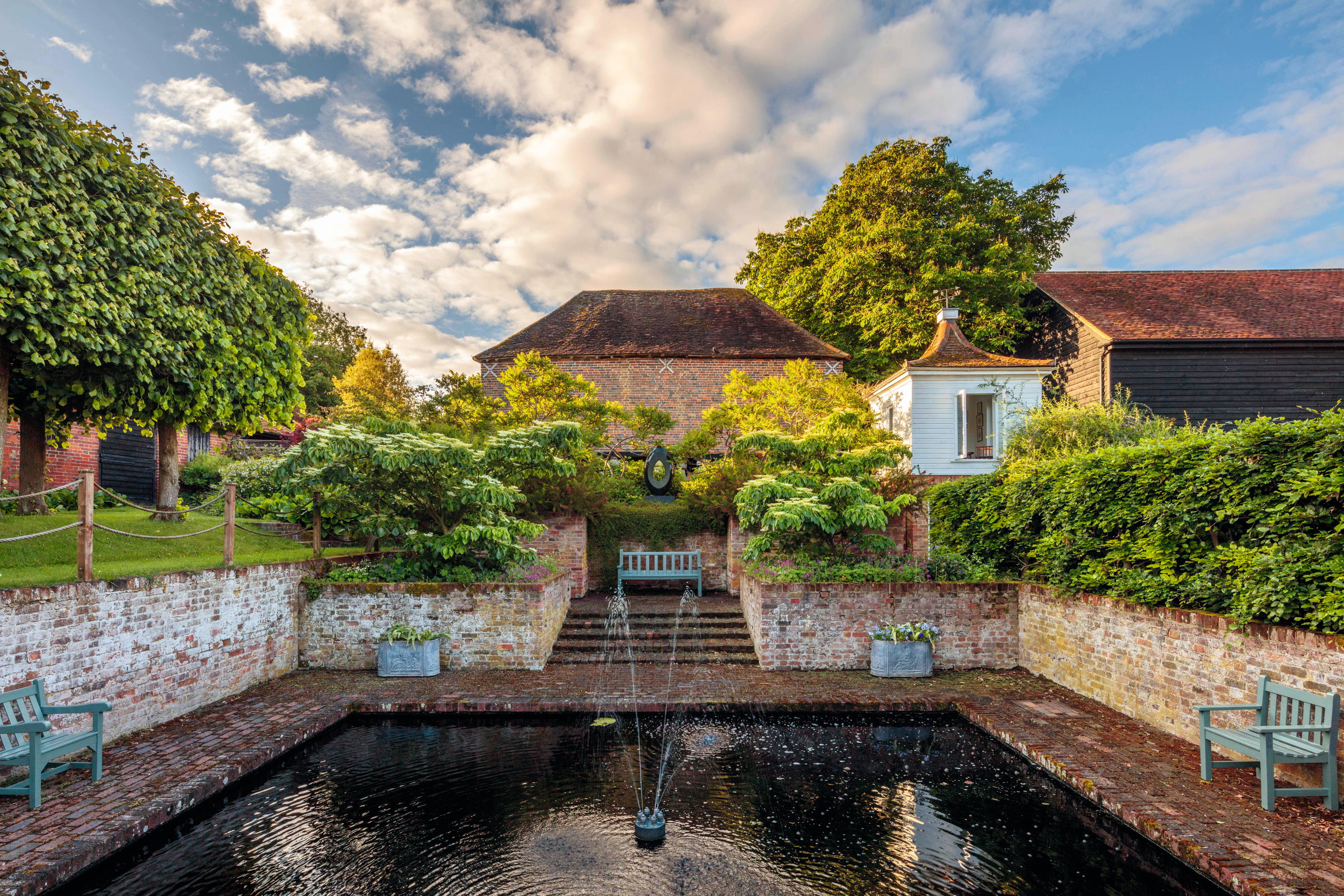
'None of this would be here had the tithe barn not burned down that night’: How the terrifying destruction of a medieval landmark sparked the creation of the magnificent gardens of Bledlow Manor
By Tiffany Daneff
-
ART & CULTURE
View all ART & CULTURE-
-
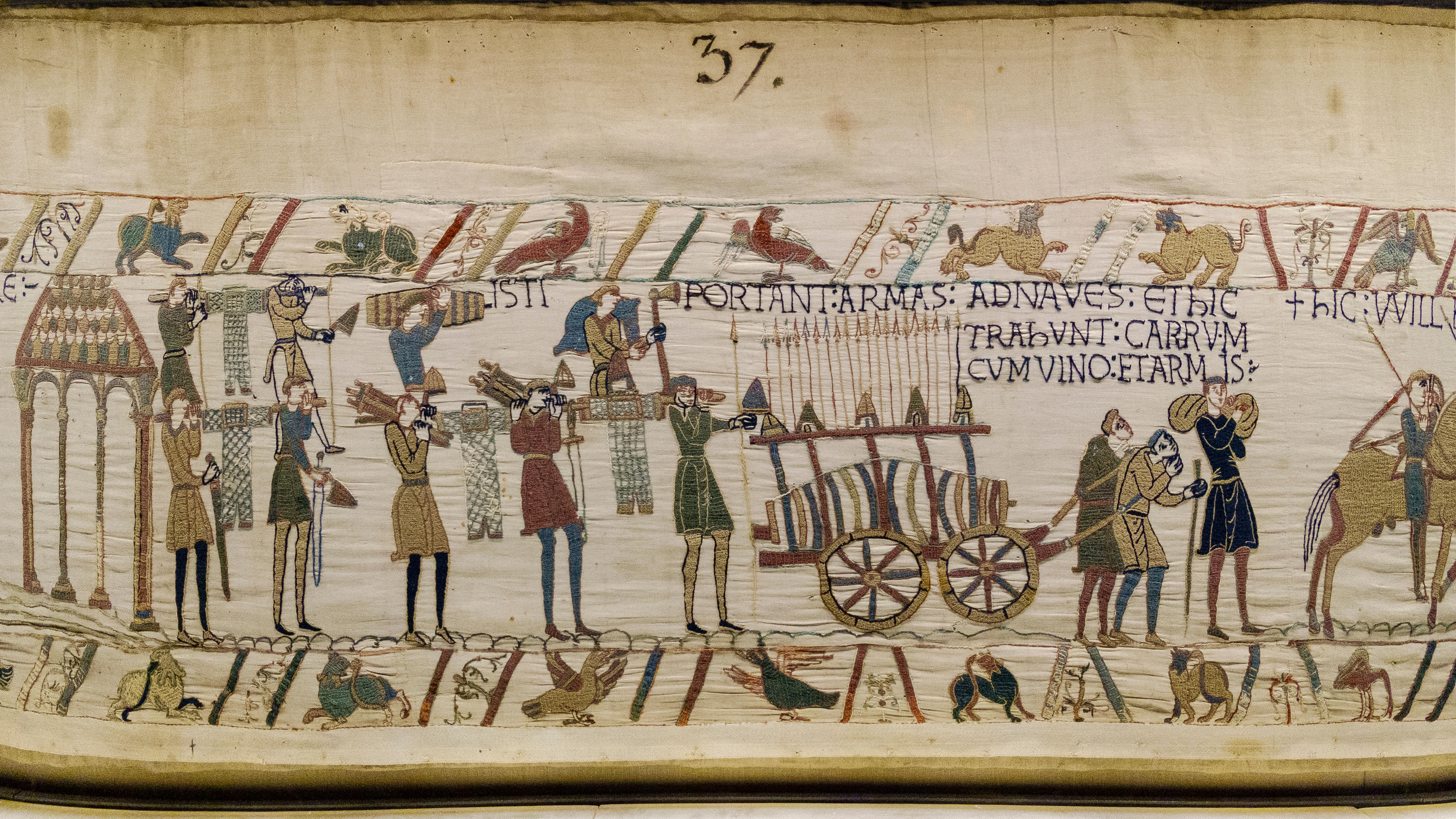
‘One of the most effective pieces of propaganda ever made’: the Bayeux Tapestry heads to Britain for the first time in almost a millennium
By Carla Passino
-

‘They remain, really, the property of all of those who love them, know them, and tell them. They are our stories, the inheritance of the people of Scotland’: The Anthology of Scottish Folk Tales
By Patrick Galbraith
-

Canine muses: Lucian Freud's etchings of Pluto the whippet are among his most popular and expensive work
By Agnes Stamp
-

‘Reactions to the French in the 1870s varied from outrage to curious interest’: Impressionism's painstaking ten year journey to be taken seriously by the Brits
By Caroline Bulger
-
Travel
View All Travel-

‘To this day, it is as attractive as when Hercules first laid eyes on it’: How to escape the crowds on the Amalfi Coast, according to those in the know
By Luke Abrahams
-
-
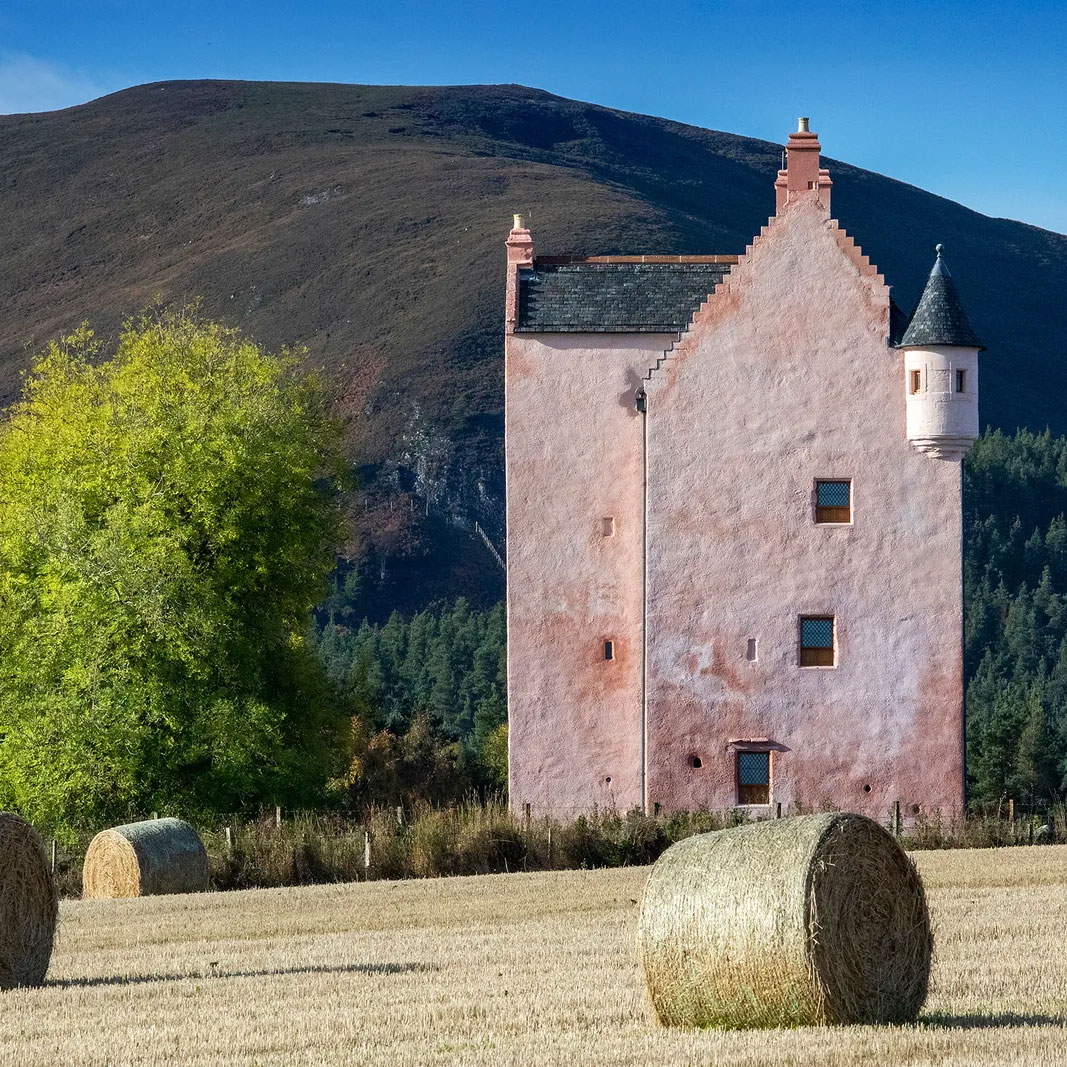
The 'strikingly beautiful, authentic and innovative' Highland castle that's been saved for the ages, and available to rent by the weekend
By Mary Miers
-

Jnane Rumi, Marrakech, hotel review: 'The most talked about opening this year — and for good reason'
By Christopher Wallace
-

‘‘In the silence, it is the most perfect blue I have ever seen. If my goggles weren’t already overflowing with water I might even weep’: Learning to freedive on the sparkling French Riviera with a five-time World Champion
By Chris Cotonou
-

'Champagne is not simply a place, it’s a symbol of excellence': How a quiet rural region shrugged off war, famine and pestilence to become the home of the ultimate luxury tipple
By Lotte Brundle
-

Sophia Money-Coutts: When is the right moment to put your seat back on a plane?
By Sophia Money-Coutts
-
Food & Drink
View All Food & Drink-

Tom Parker Bowles: This 90-year-old Italian restauranteur makes the world's best sorbet and granita
By Tom Parker Bowles
-
-

Brat behaviour: The chef behind Shoreditch institution Brat and Soho favourite Mountain is running away to Wales
By Will Hosie
-
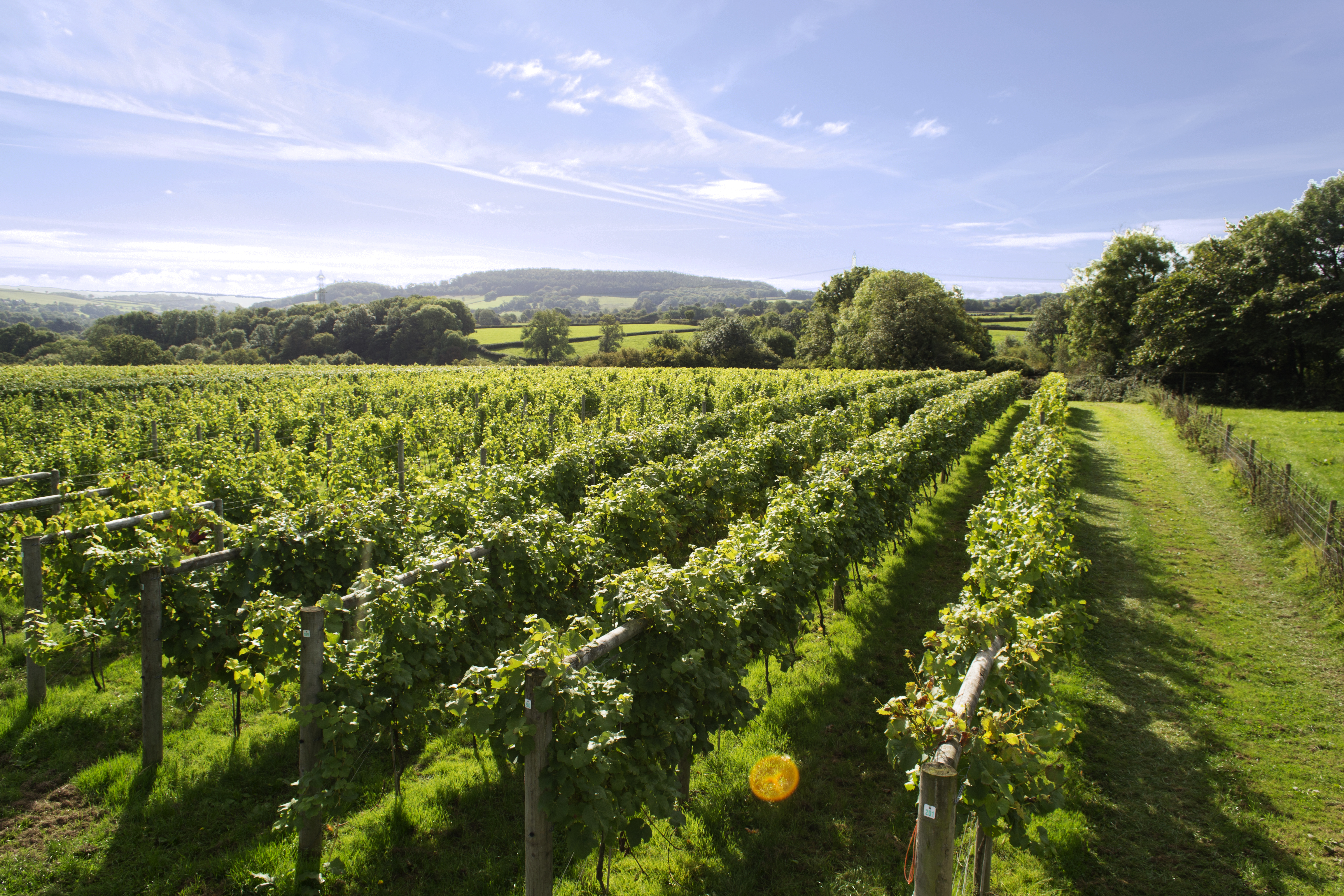
The last miracle of St Boswell? How a Scottish potato field became the world's least-likely producer of sparkling wine
By Lotte Brundle
-

How to make The Connaught Bar's legendary martini — and a few others
By Rosie Paterson
-
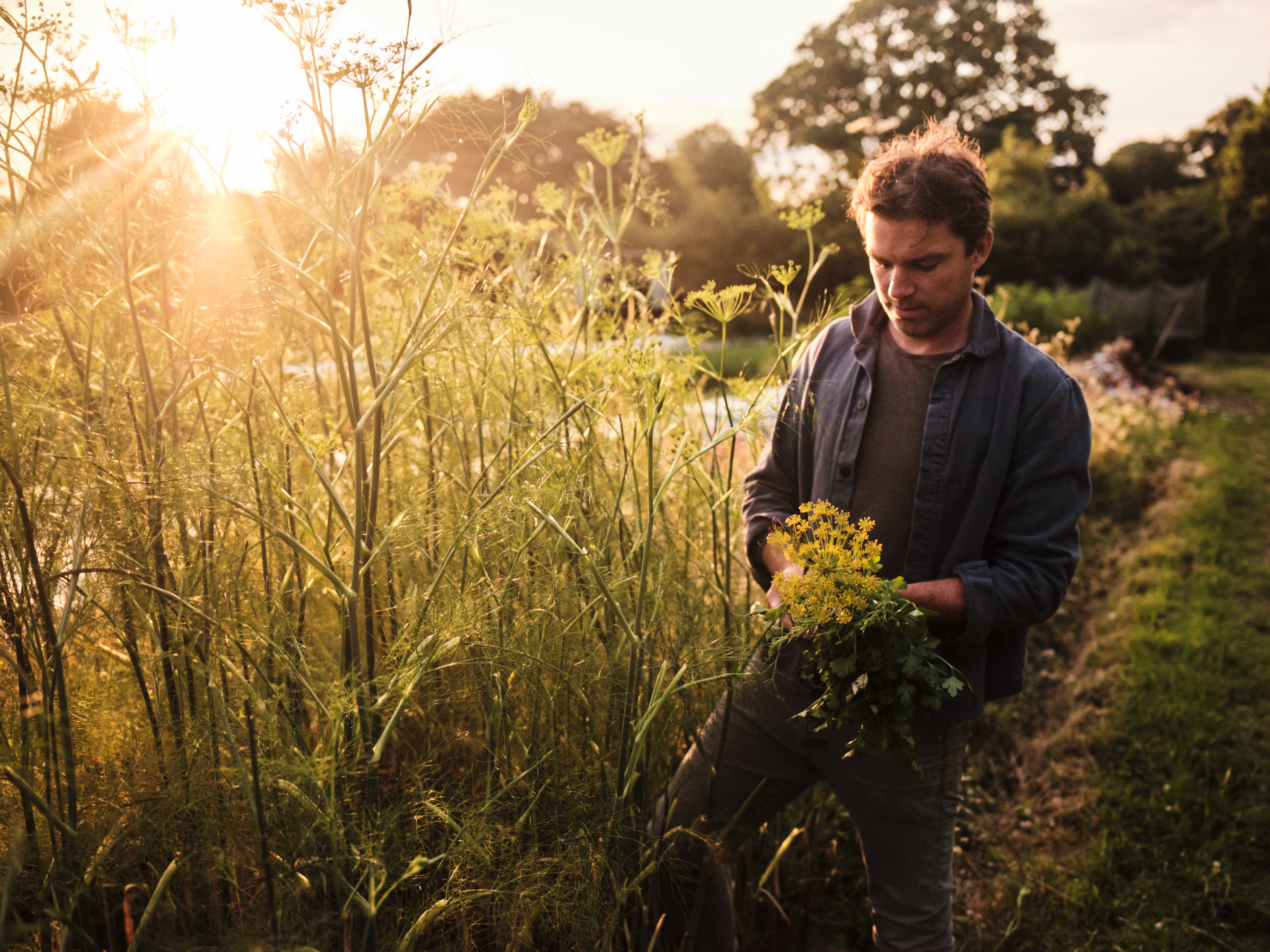
Gill Meller's tomato, egg, bread and herb big-hearted summer salad
By Gill Meller
-

Sophia Money-Coutts: Why clinking glasses and saying ‘Cheers!’ is a tiny bit embarrassing
By Sophia Money-Coutts
-
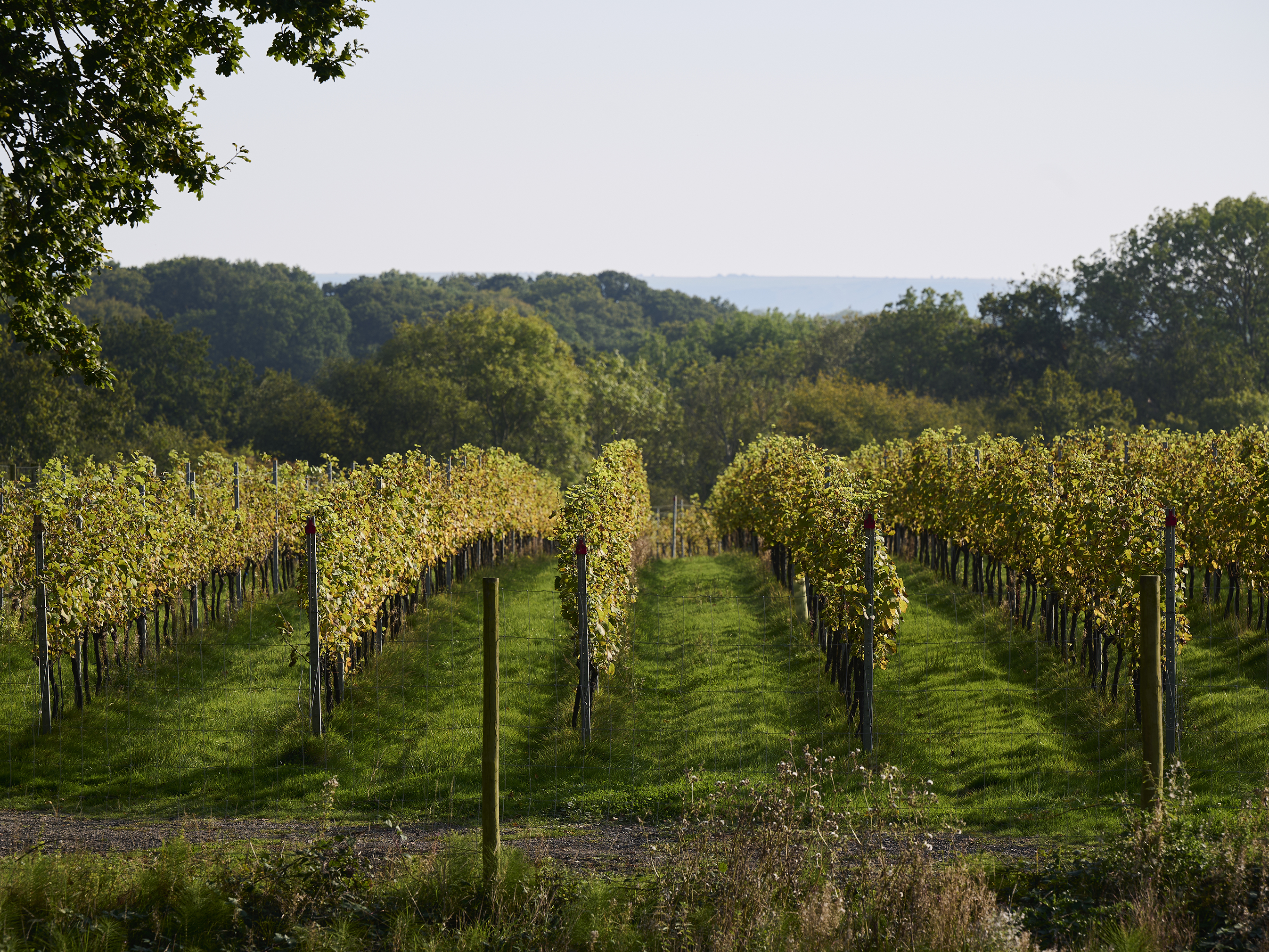
What do an order of Catholic priests and actor Hugh Bonneville have in common? They helped this West Sussex sparkling wine triumph over multiple French Champagne houses
By Lotte Brundle
-







